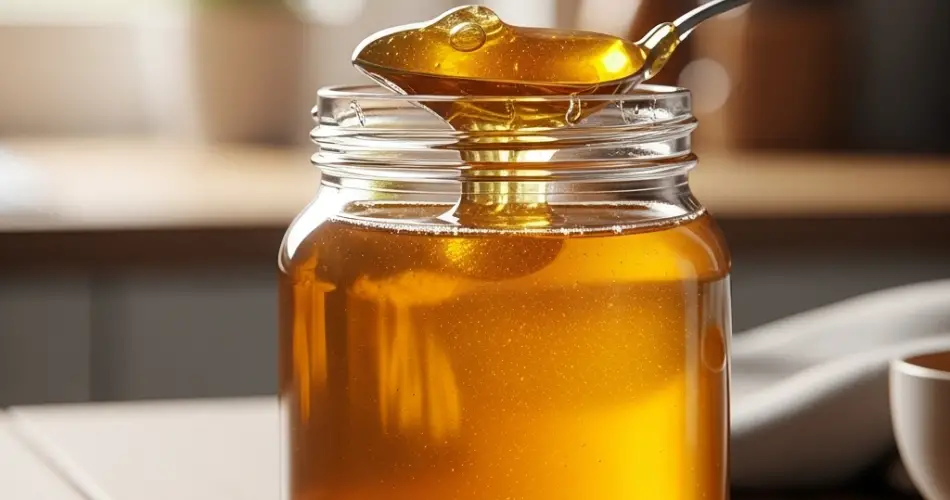Honey, often celebrated for its sweetness and health benefits, also holds remarkable potential in the garden. Beyond its culinary uses, honey can serve as a natural fertilizer, rooting agent, and pest deterrent. Discover how incorporating honey into your gardening routine can enhance plant health and vitality.
The Nutritional Power of Honey
Honey is rich in essential nutrients that benefit plants. It contains:
-
Sugars: Natural sugars in honey provide energy to beneficial soil microbes, promoting a healthy soil ecosystem.
-
Minerals: Honey offers minerals like calcium, magnesium, iron, and zinc, which are vital for plant growth.
-
Antioxidants: These compounds help protect plants from environmental stressors.
By supplying these nutrients, honey supports robust plant development and resilience.
How to Use Honey in Your Garden
1. Natural Fertilizer
Honey can act as an organic fertilizer, especially beneficial for flowering and fruiting plants.
How to Apply:
-
Mix 1-2 tablespoons of honey with 7 cups of warm water.
-
Allow the mixture to cool.
-
Use this solution to water the base of your plants
This application provides essential nutrients, enhancing plant growth and fruit quality
2. Foliar Spray
For plants showing signs of nutrient deficiency or stress, a honey-based foliar spray can be beneficial.
How to Apply:
-
Combine 2 tablespoons of honey with 1 liter of water.
-
Pour the mixture into a spray bottle.
-
Spray the solution onto the leaves of your plants every 1-2 weeks.
This method helps in nutrient absorption and boosts plant immunity.
3. Rooting Agent for Cuttings
Honey’s natural enzymes can stimulate root growth in plant cuttings.
How to Apply:
-
Mix 2 tablespoons of honey with 2 cups of boiled water
-
Let the solution cool.
-
Dip the cut end of your plant cutting into the mixture before planting.
This encourages root development and increases the success rate of propagation.
4. Pest Deterrent
Honey can be used to create traps for pests like fruit flies and slugs.
How to Apply:
-
For fruit flies: Mix honey with apple cider vinegar and place it in a jar with small holes in the lid.
-
For slugs: Combine honey with yeast and water in a container buried at soil level.
These traps attract and capture pests, reducing their population in your garden.
Benefits of Using Honey in the Garden
-
Enhances Soil Health: Honey nourishes beneficial microbes, improving soil fertility.
-
Promotes Plant Growth: The nutrients in honey support vigorous plant development.
-
Natural and Eco-Friendly: Using honey reduces reliance on chemical fertilizers and pesticides.
-
Attracts Pollinators: The scent of honey can draw bees and butterflies, aiding in pollination.
Precautions When Using Honey
-
Dilution is Key: Always dilute honey before application to prevent attracting unwanted pests.Avoid Overuse: Excessive honey can lead to mold growth; use sparingly.
-
Indoor Use: Be cautious when using honey indoors, as it may attract insects.
Conclusion
Incorporating honey into your gardening practices can yield numerous benefits, from enhancing plant growth to deterring pests. Its natural composition makes it an excellent alternative to synthetic products. By applying honey thoughtfully, you can foster a healthier, more vibrant garden.



